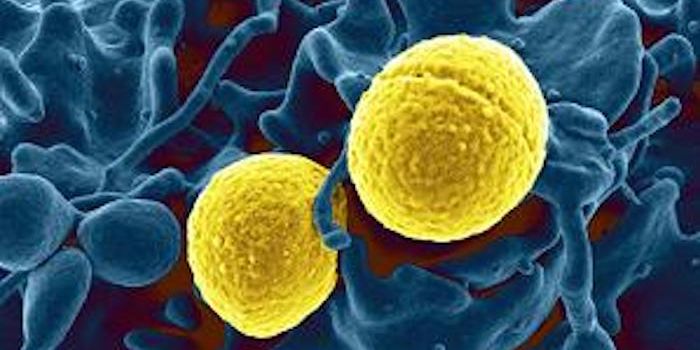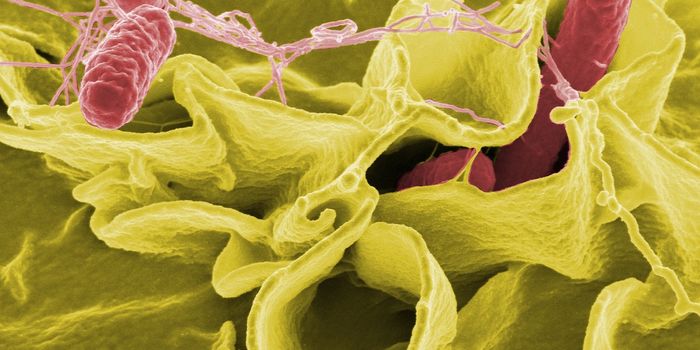A Gut Molecule That Changes Priorities From Hunger to Mating
In life, animals have to be able to adapt their priorities, sometimes in critical situations, or to change focus from one survival task to another. Now, a study has shown that there may be a direct physiological connection between two fundamental behaviors - eating and reproducing, and that change seems to be mediated by a molecule that comes from cells in the gut. With a fruit fly model, scientists showed that when males are starving, they prioritize food consumption over courtship. But within only a few minutes of eating a rich meal, the flies will quickly change focus, and switch to mating behaviors. The researchers determined that when food rich in protein is consumed, a molecule called Dh31 is released from the guts of flies, and that molecule is responsible for changing their prorioty from eating to mating.
Dh31 is a neuropeptide that seems to be acting as a signaling molecule and helping to create links in a connection that is known as the gut-brain axis. The findings have been reported in Nature.
When the researchers observed the feeding to mating switch, they "were very surprised that a single molecule would have such a profound influence on behavior decisions," said senior study author Jing Wang, a professor of Neurobiology at the University of California San Diego. This study has revealed a mechanism that shows "how the Dh31 neuropeptide acts on the brain to change the motivational drive of two evolutionarily critical behaviors," added Wang.
When the researchers genetically engineered fruit flies so they would lack Dh31, they saw that the flies would continue to eat and would stop engaging in mating behaviors. When the scientists did the opposite, and expressed excessive levels of Dh31 in the flies, they would quickly move to mate.
The investigators traced the source of Dh31, and they found that it was coming from gut enteroendocrine cells.
"These results indicate that Dh31 is a signaling molecule that reorders the priority of these two contending behaviors: feeding over courtship in the absence of Dh31 and courtship over feeding when Dh31 is released from the gut," said Wang.
Another neuropeptide known as Orexin is involved in a transition between two behaviors, but in that case it's wakefulness to sleep transitions, as well as switches between sleep states such as rapid eye movement (REM) sleep and non-REM sleep.
Wang noted that this study is only scratching the surface of explaining how hormones that originate in the gut influence various fundamental behaviors. The researchers also want to know more about the role of organisms in the gut microbiome in this process.
Sources: University of California - San Diego, Nature









